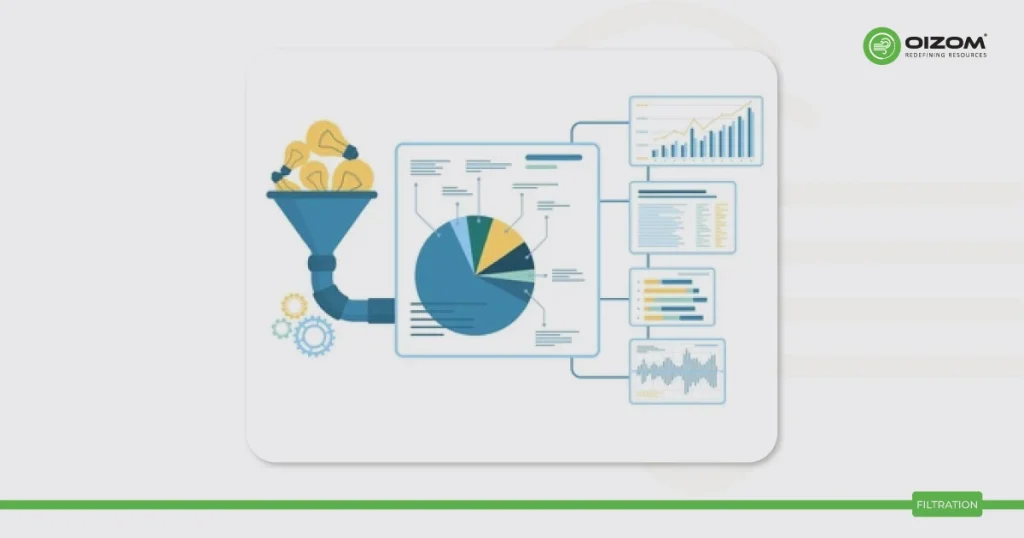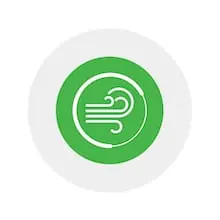Find the terms by letter
Filtration
Definition
Filtration is a method to subset data by time or location. This type of filtering allows you to see differences in aggregations that might result from factors such as weather or emission events (e.g., high traffic times, wildfires). You might also consider filtering by time (e.g., hour, day, weekday/weekend, season). For example, comparing averages of nitrogen dioxide (NO2) concentrations by the hour of the day and by weekday and weekend may show the effect of traffic activity on local pollution conditions.
Definition and Description
Filtration, in the context of data analysis, is a technique used to segment data based on specific time intervals or geographical locations. This form of filtering enables the examination of variations in data aggregations that may be influenced by factors such as weather patterns or events like high traffic volumes or wildfires. Filtering can be applied by considering time-related criteria (e.g., hours, days, weekdays/weekends, or seasons). For instance, by filtering and comparing the average concentrations of a pollutant like nitrogen dioxide (NO2) across different hours of the day and weekdays versus weekends, one can discern the impact of traffic patterns on local air quality conditions.




